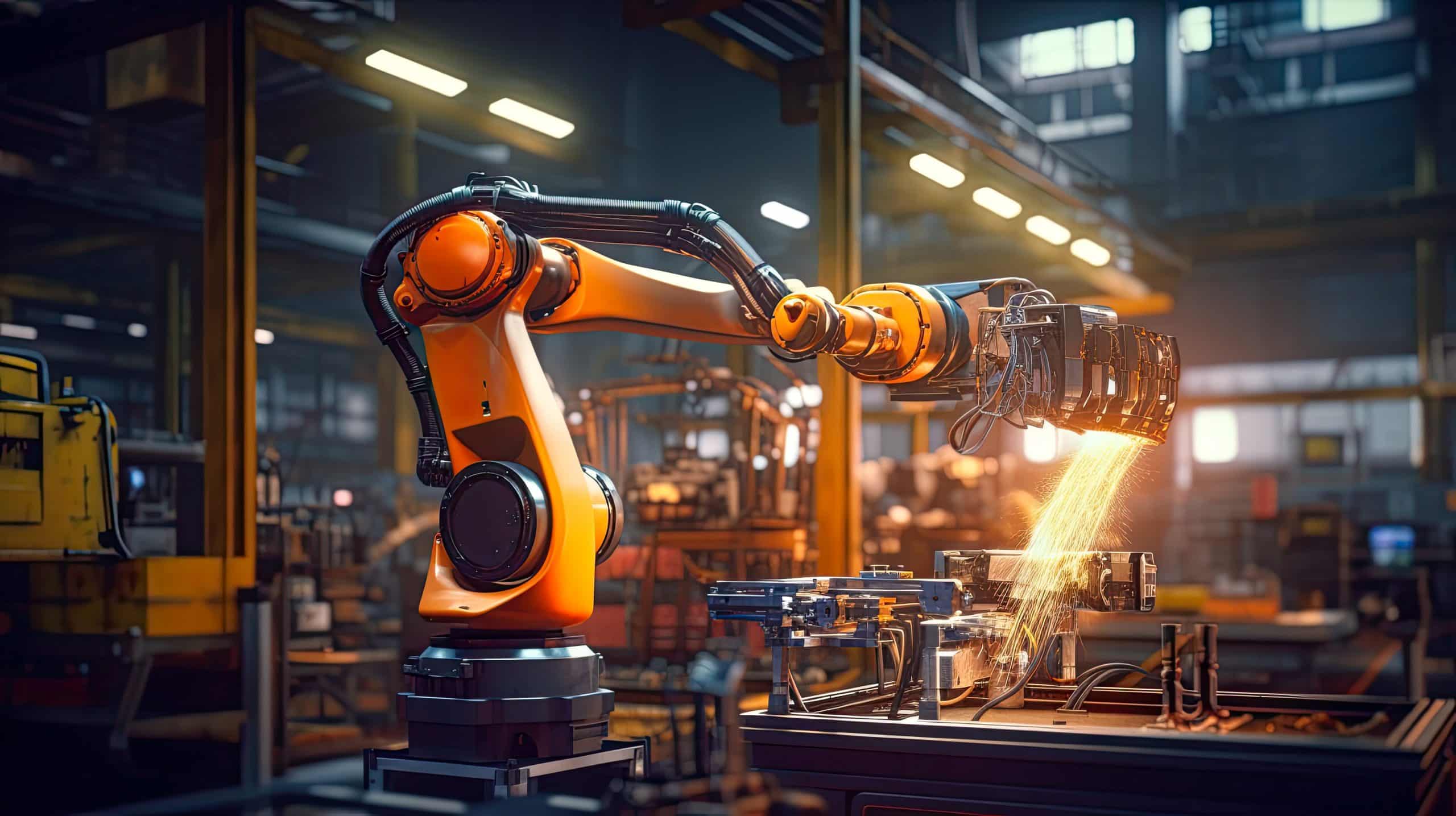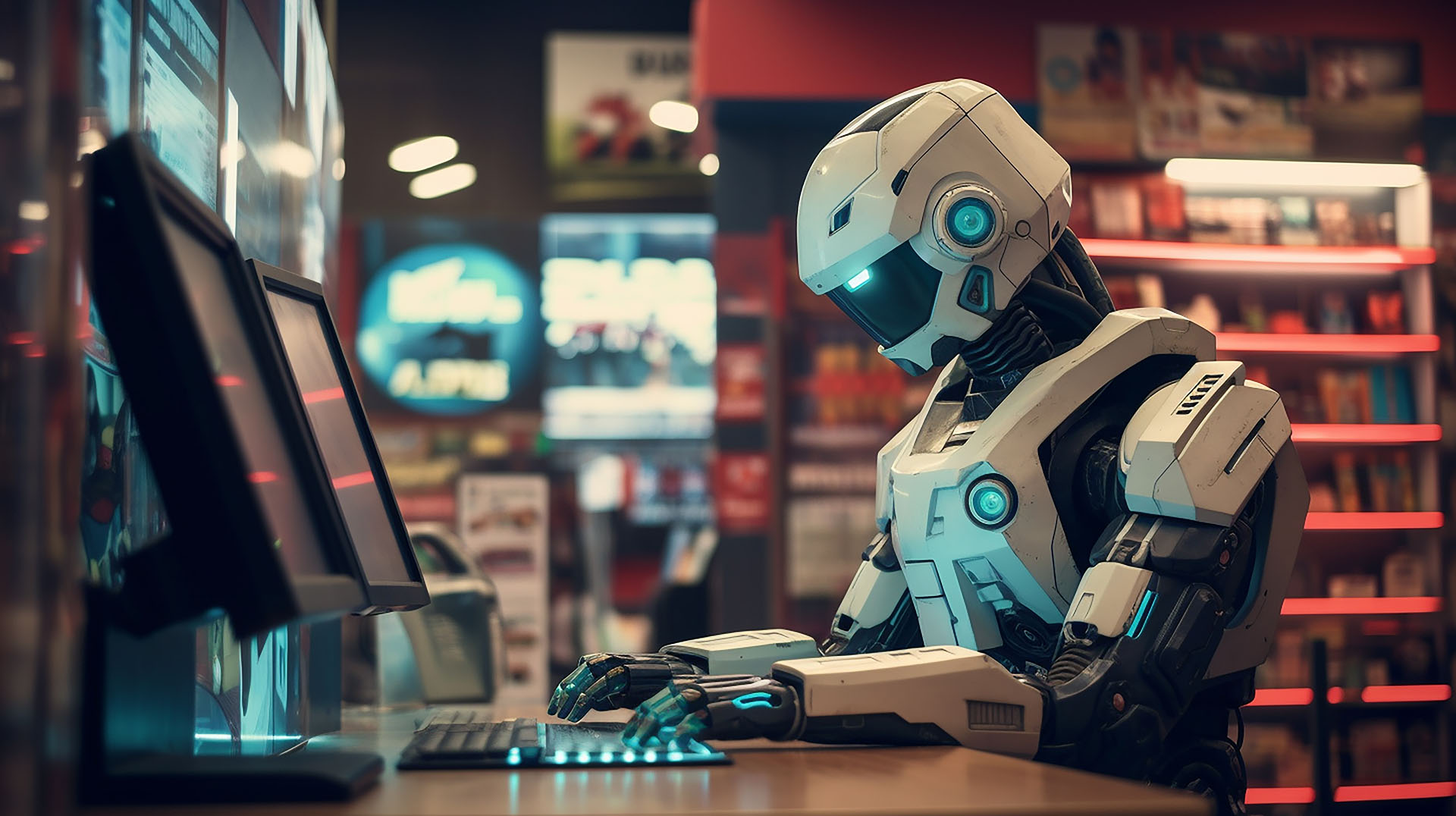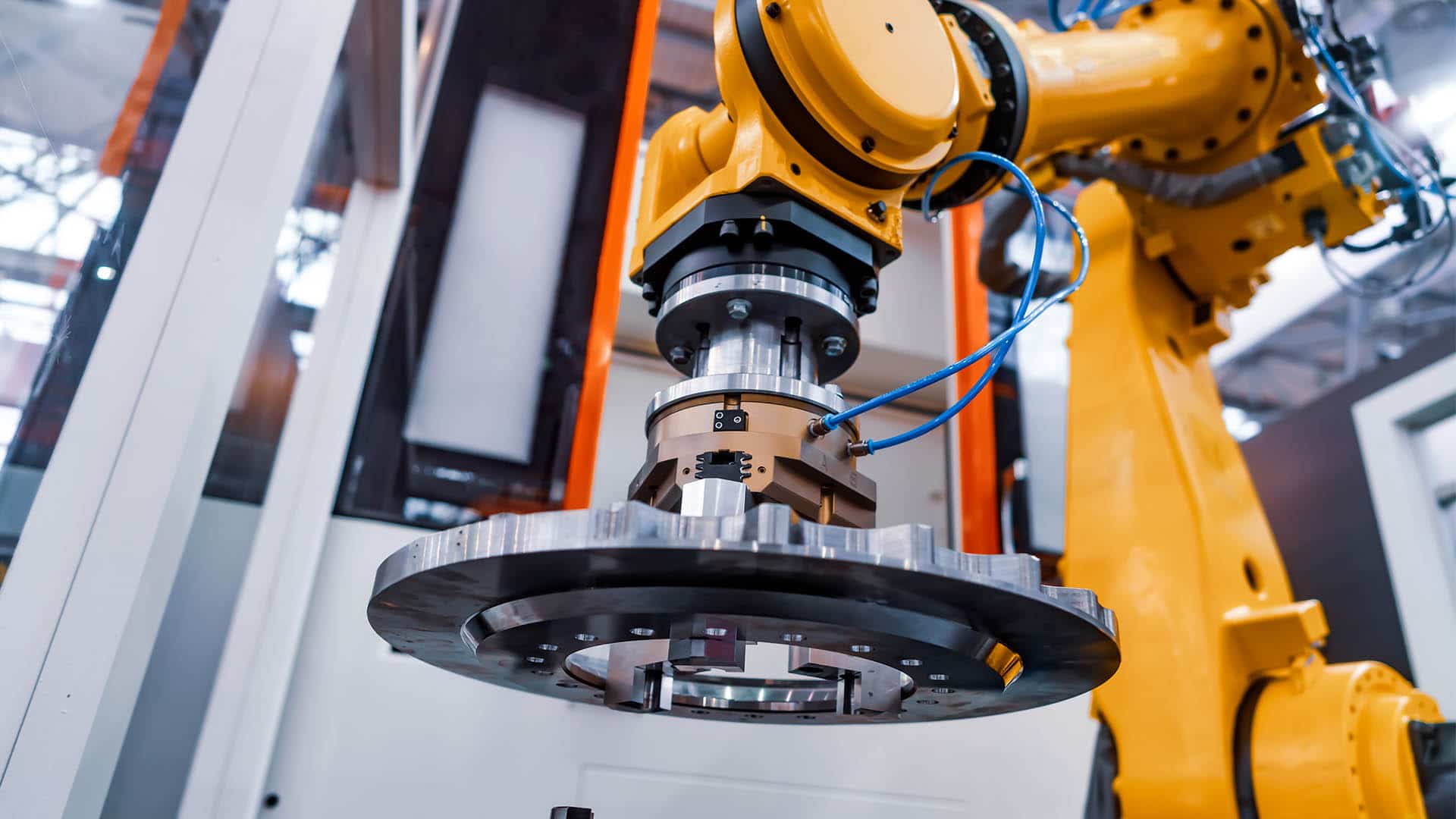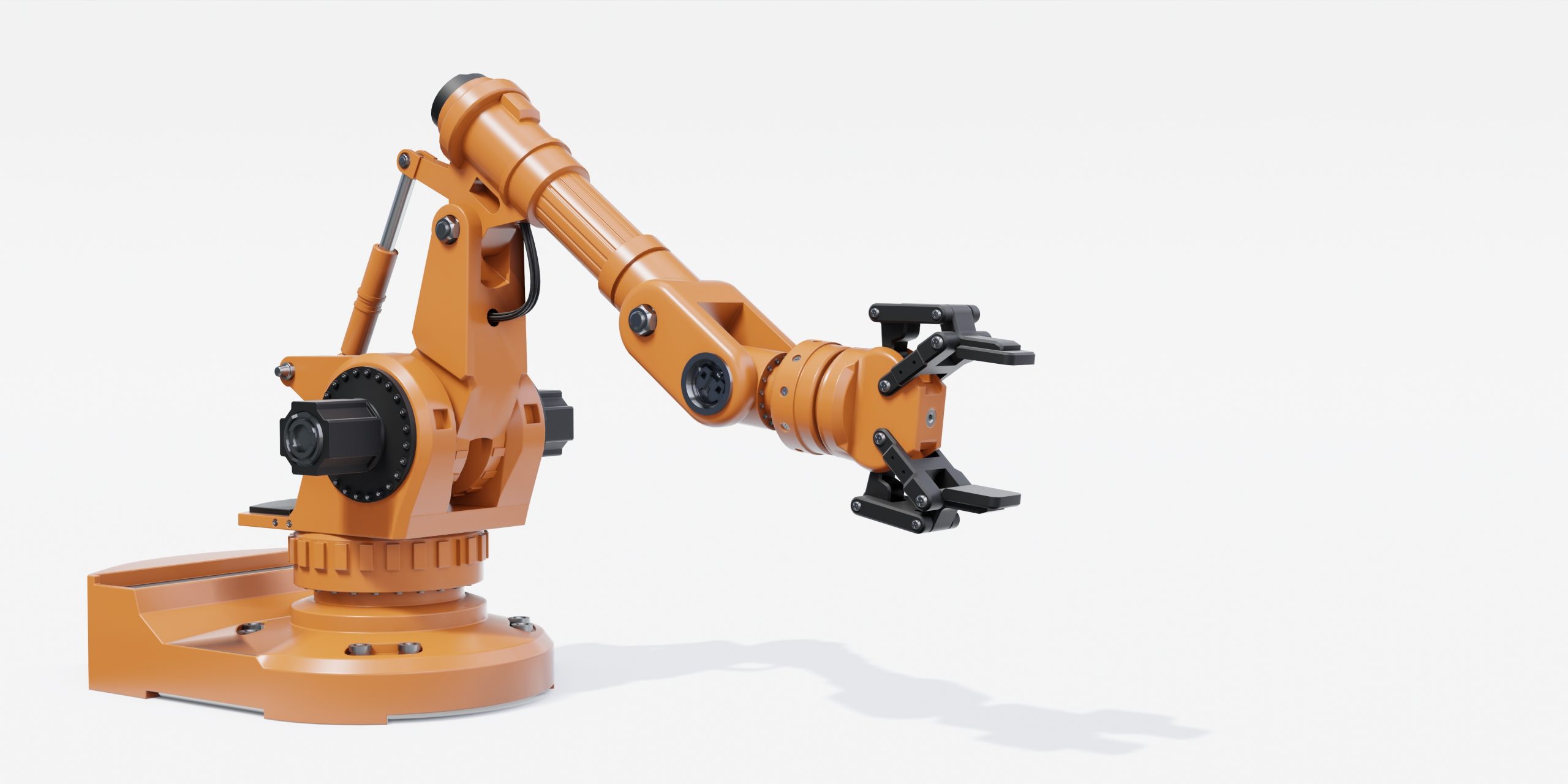With the rapid advancement of artificial intelligence (AI), industries worldwide are undergoing significant transformations. From retail to manufacturing, automation has begun to replace human workers in numerous sectors.
This technological leap has prompted concerns about job displacement, as machines take over tasks once considered exclusive to humans. While some fear widespread unemployment, others argue that automation will simply shift the focus to jobs requiring uniquely human skills.
The question arises: which professions are immune to this technological upheaval? While AI and robotics excel in efficiency and speed, they struggle to replicate human creativity, emotional intelligence, and adaptability.
In this blog, Robotic Products explores 15 careers that are less likely to be overtaken by AI, thanks to their reliance on human intuition, empathy, and complex decision-making.
What Makes a Job AI-Proof?
AI-proof jobs are defined by their reliance on traits that artificial intelligence and robots cannot easily emulate. For instance, roles requiring emotional intelligence, creativity, and deep interpersonal connections are far less susceptible to automation.
These roles depend heavily on human judgement, intuition, and empathy—qualities that remain unique to our species. Additionally, jobs in unpredictable environments that require adaptability or a nuanced understanding of social and cultural contexts are less likely to be fully replaced by AI.
Furthermore, some industries are heavily regulated or require human oversight, ensuring that automation doesn’t take over entirely. Healthcare, education, and social work are prime examples where technology can assist but not replace human input.
These sectors rely on a combination of knowledge, empathy, and critical thinking—abilities AI struggles to match.
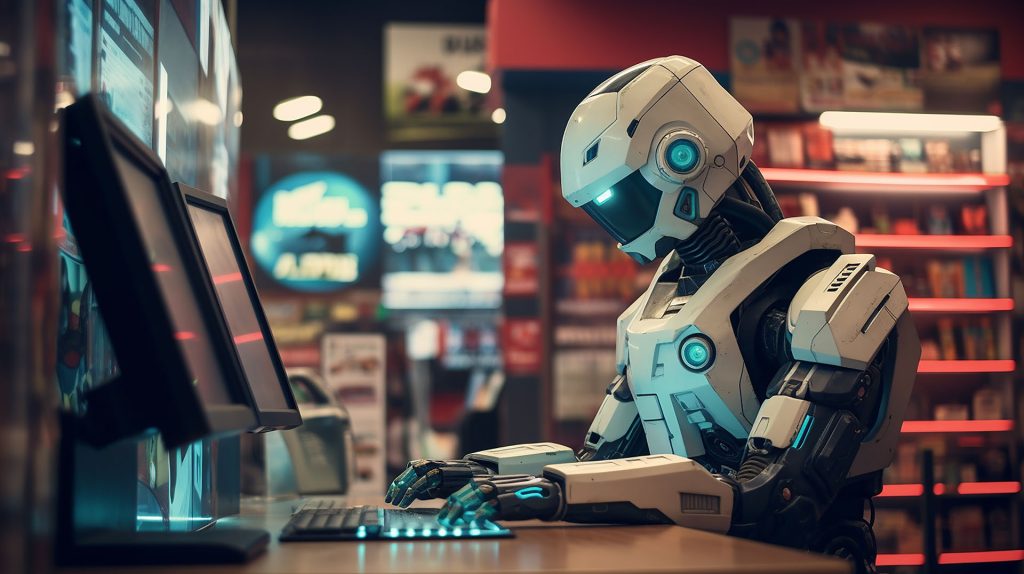
15 AI-Proof Jobs in 2024 and Beyond
1. Healthcare Professionals (Doctors, Nurses, Therapists)
While AI can assist in diagnosing illnesses or analysing medical data, the role of healthcare professionals extends far beyond mechanical tasks.
Doctors, nurses, and therapists deal with complex patient needs, requiring empathy, communication, and real-time problem-solving. The human element of healthcare, especially in emotional and ethical decisions, cannot be replicated by machines, making these roles largely AI-resistant.
2. Teachers and Educators
Despite the rise of online learning platforms and AI tutoring systems, the role of a teacher remains vital. Teachers provide guidance, and mentorship, and foster a nurturing environment that cannot be automated.
The adaptability and emotional connection necessary for effective teaching, especially in fostering creativity and critical thinking, make educators indispensable, even in an AI-driven future.
3. Social Workers and Counsellors
Social work and counselling demand a deep understanding of human emotions and personal experiences. These professions involve guiding individuals through personal crises and offering support and empathy that no machine can replicate.
The deeply personal nature of these roles, along with their reliance on human connection, makes them resistant to automation.
4. Creative Professionals (Writers, Artists, Designers)
While AI can generate content or assist in design, creativity remains a distinctly human trait. Writers, artists, and designers draw from personal experiences, emotions, and cultural contexts to create original work.
Human creativity, with its nuances and unpredictability, remains far beyond the capabilities of AI, ensuring that these roles stay safe from full automation.
5. Skilled Tradespeople (Electricians, Plumbers, Carpenters)
Skilled tradespeople perform tasks that require hands-on expertise and adaptability. Each job they handle is unique, requiring troubleshooting and problem-solving in real time.
While robots can be programmed for repetitive tasks, they cannot match the flexibility and expertise required to perform the intricate work of electricians, plumbers, or carpenters.
6. Managers and Business Leaders
Leadership roles require high emotional intelligence, strategic thinking, and decision-making. Managing people involves understanding their needs, motivations, and concerns, which AI cannot fully comprehend.
Business leaders also navigate complex ethical dilemmas and foster company culture, making them indispensable in AI-driven workplaces.
7. Human Resources (HR) Professionals
HR professionals handle recruitment, employee relations, and workplace dynamics—areas where human judgment is crucial.
While AI may assist in filtering CVs or handling administrative tasks, the interpersonal skills required for conflict resolution, team-building, and understanding employee needs remain irreplaceable.
8. Mental Health Professionals (Psychiatrists, Psychologists)
Mental health care demands profound emotional intelligence, active listening, and a personalised approach to treatment. Psychiatrists and psychologists work closely with individuals to provide tailored care based on emotional and psychological nuances.
AI lacks the empathy and intuition necessary to replace these critical human roles.
9. Marketing and PR Specialists
Marketing and public relations involve understanding human behaviour, culture, and trends. While AI tools can help analyse data or suggest strategies, the creativity and strategic thinking required for successful campaigns rely heavily on human insight.
Marketing professionals remain essential for developing messaging that resonates on an emotional level.
10. Legal Professionals (Lawyers, Judges)
The legal field, especially in trial settings, negotiation, and interpretation of laws, requires a deep understanding of context, ethics, and human behaviour.
AI may assist with research or document review, but the nuanced decision-making required in legal practice makes lawyers and judges crucial. Human judgment in interpreting laws and applying them to specific cases ensures these jobs remain safe from automation.
11. Salespeople
While AI can assist in customer service or transactional sales, human salespeople excel in building relationships and understanding customer needs.
The emotional intelligence required in high-stakes negotiations, along with the ability to connect on a personal level, makes salespeople indispensable. These roles depend on trust and persuasion, areas where human interaction remains key.
12. Environmental Scientists
Environmental scientists conduct complex field research and interpret data in unpredictable environments. Their work requires adaptability, critical thinking, and a deep understanding of natural ecosystems.
While AI can aid in data analysis, the complex decision-making and fieldwork required in environmental science remain reliant on human expertise.
13. Athletes and Fitness Trainers
Athletes rely on physical performance and human endurance, which AI cannot replicate. Fitness trainers, on the other hand, provide personalised coaching, motivation, and emotional support to their clients.
The human connection and personalisation involved in fitness make these roles secure from AI intrusion.
14. Caregivers (Elderly, Childcare)
Caregivers provide emotional and physical support to individuals, often in highly sensitive and unpredictable environments.
Elderly care, childcare, and personal caregiving require human empathy, judgement, and adaptability, traits that AI cannot replicate. These roles are essential in ensuring the well-being and comfort of individuals, making them AI-proof.
15. Journalists and Investigative Reporters
Journalism, particularly investigative reporting, requires critical thinking, deep research, and an understanding of human stories.
While AI can help with gathering data, the role of a journalist involves interpreting events, crafting narratives, and uncovering truths, tasks that require human intuition and creativity. Journalists bring unique perspectives and ethical considerations to their work, making their roles irreplaceable.
The Future of Work with AI
While AI will continue to reshape industries, it is important to view the technology as a collaborator rather than a replacement. AI can assist in performing routine tasks, allowing humans to focus on more complex, creative, and interpersonal aspects of their jobs.
For example, in healthcare, AI can handle data analysis, freeing doctors to spend more time on patient care. Similarly, in education, AI can automate grading, allowing teachers to focus on personalised instruction and mentorship.
To future-proof your career, it is crucial to develop skills that complement AI rather than compete with it. Emotional intelligence, creativity, and adaptability will be in high demand as automation takes over more repetitive tasks.
Continuous learning and the ability to work alongside AI will become essential in maintaining job security in an increasingly automated world.
Conclusion
As AI continues to revolutionise the workplace, jobs that rely on human skills such as empathy, creativity, and adaptability are likely to remain secure.
While technology can assist in many areas, countless roles still require the unique abilities humans bring to the table. By focusing on careers that emphasise interpersonal skills and complex decision-making, individuals can ensure their relevance in the age of AI.
To stay ahead, it’s vital to keep informed about AI developments and invest in upskilling. Embrace AI as a tool to enhance your career, rather than viewing it as a threat, and continue cultivating the unique human abilities that machines simply cannot replicate.


